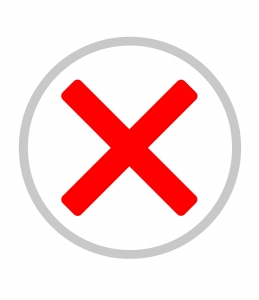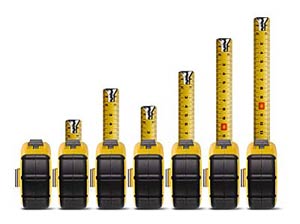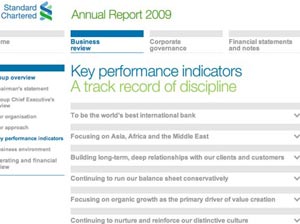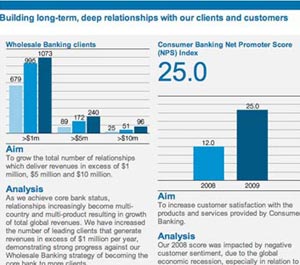 A new door has opened for advertisers in Britain since a ban on product placement in television programming has been lifted. However, making it possible for companies to get brand exposure through in-programming television product placement doesn’t mean those companies will be able to start stuffing products into every program on air.
A new door has opened for advertisers in Britain since a ban on product placement in television programming has been lifted. However, making it possible for companies to get brand exposure through in-programming television product placement doesn’t mean those companies will be able to start stuffing products into every program on air.
In an effort to keep British programming from turning into U.S. versions of American Idol and Survivor, which are filled with product placements, there are some restrictions for advertisers who want to see their brands in British television programs.
First, the largest network in Britain, the BBC, is still off limits for product placements despite the lift on the ban. Second, some large advertisers like alcohol brands and junk food brands are still not allowed to participate in product placement per The New York Times. Third, several types of programs are not allowed to participate in product placement despite the lifting of the ban. These programs include news shows, children’s programs, and more.
But that’s not all of the restrictions. Paid product placements are not allowed to take center stage in any program, nor can they be part of the program’s plot or script. Furthermore, any program that includes paid product placements must display a small P in the corner of the screen at the beginning and end of the program as well as before and after commercial breaks.
The question is whether this is just the first step in paid product placements in British television or if the restrictions will remain in place for years to come. In time, will British television viewers come to expect product placements and become immune to them as American television viewers have?
In the U.S., unless a show is overflowing with blatant product placements (e.g., when contestants on Survivor won a Doritos and Mountain Dew feast after a reward challenge), these paid placements typically don’t draw much concern (or attention). It could be argued that U.S. television viewers have become immune to them. Will the same happen to the British audience (who already sees product placements in U.S. programs shown in Britain)?
What do you think? Leave a comment and share your opinion.
Image: stock.xchng


 If you’re a U.K.-based company that publishes content online (or shares content published by other people), then you need to know the new regulations from the
If you’re a U.K.-based company that publishes content online (or shares content published by other people), then you need to know the new regulations from the 


